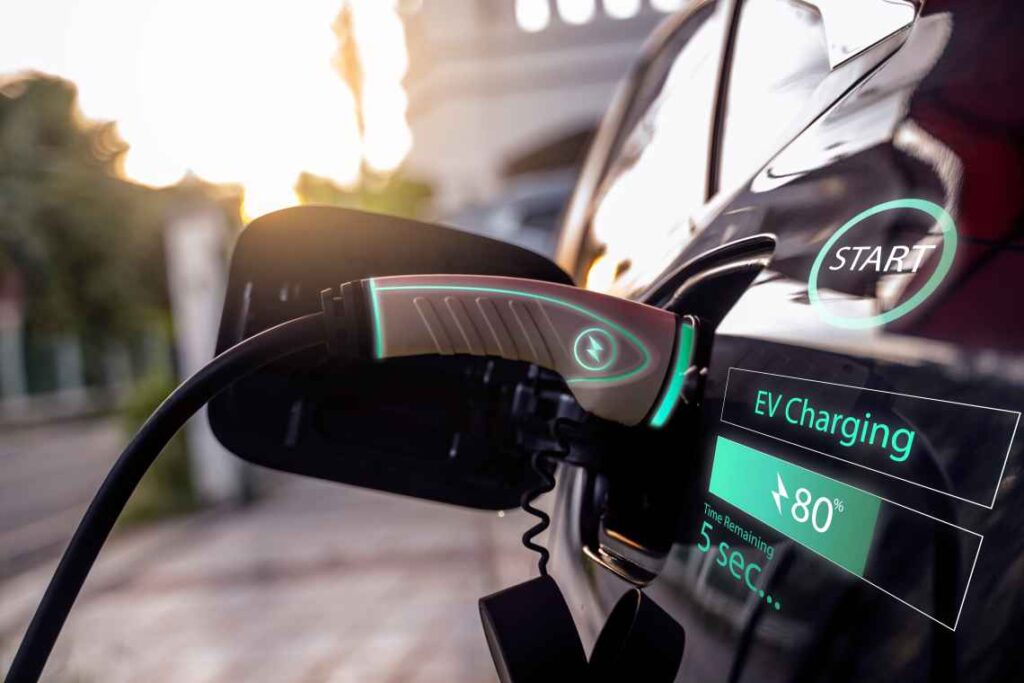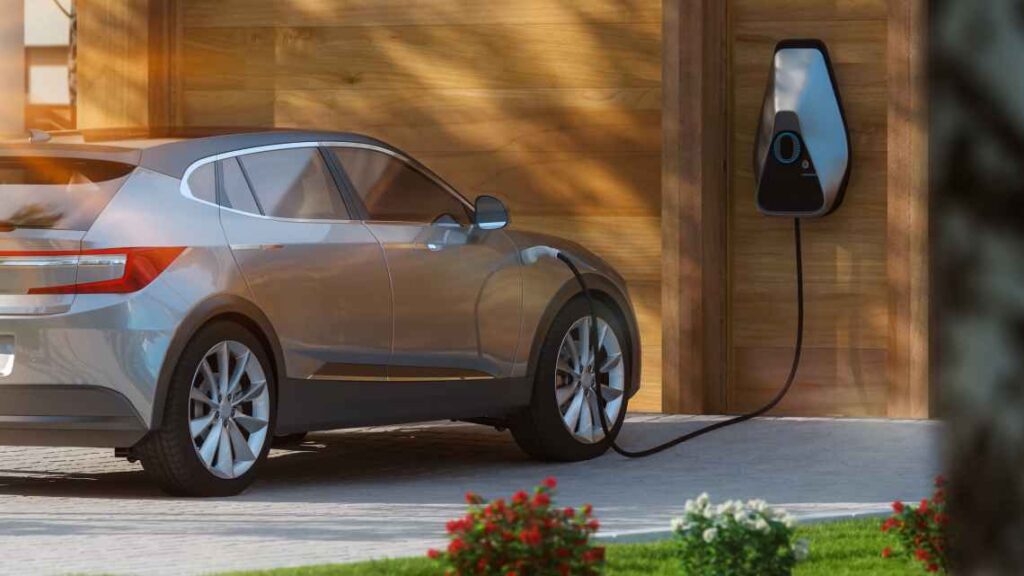Demand for electric vehicles (EVs) is increasing as more states push EV sales, the government continues to give tax breaks for purchasing one, and gas prices remain unpredictable. In fact, there are months-long waits for new electric cars, partially due to the spike in gas prices in the first part of 2022, and also because of the Clean Vehicle Credit. The latter gives a $7,500 tax credit to buyers of new EVs that are produced or have final assembly in North America.
But if people are buying EVs to save money by not having to pay for gas, how much will they have to spend to charge one? We will go over some factors that might affect how much it will cost you to charge an EV, and how you might be able to calculate a ballpark figure of the monthly bill.

Where you live
The cost of EV charging can vary depending on what state you live in, because different states use different power providers that charge different rates. Outside of charging cost, you might also factor in that some states offer perks for buying EVs in the form of rebates, discounts or tax credits. New Jersey, California, Colorado and New York are some of the states that offer these incentives.
But back to the topic of EV charging costs, let’s assume you will charge your EV at home overnight, which the majority of people do. If you have a commute of around 15 miles, you’re going to spend about half of the amount charging your EV that you would pay for gas. And that’s assuming you’re driving a standard sedan or something smaller, and not a gas-guzzling SUV or pickup truck.
What kind of EV you are charging
Not every electric car is created equal, and how much it costs to charge yours depends on what you are driving. Vehicles use different chargers and batteries have different ranges. For instance it will likely cost more to fully charge the new electric F-150 pickup truck than it would a Tesla. If you have your own charging station at home, you will also likely pay less to charge overnight when there is less demand than if you use public charging stations or charge during peak hours.

How much you drive
Electric cars tend to be a better value in comparison to gas-powered vehicles if you consider gas mileage. If you are driving longer distances frequently, you are likely to get more miles to the gallon than if you are doing short trips in a town or city.
Where you are charging
The cost of charging can vary depending on whether you plug into a regular outlet at home, or use a public charging station or a home charger. Whether you want to invest in a home charger or use a public charger is likely based on how much you drive and whether it’s worth it (or possible) for you to have a charger installed at your home.
If you do pay to have a charger installed at home, it is likely it will pay for itself over the course of a few years versus using a public charger.

How to calculate your EV charging cost
Now that we’ve gone over all the variables that can affect how much it costs to charge your vehicle, let’s talk about how you can see what the cost might be for your EV, or one you’re thinking of buying. According to the Alternative Fuels Data Center (AFDC) at the U.S. Department of Energy, you can calculate the charging cost if you know a couple of things:
- The cost of electricity in kilowatts per hour (kWh)
- The efficiency of the vehicle (how much electricity is used to travel 100 miles)
The AFDC calculated that if you pay 10.7 cents per kWh and use 27 kilowatts to travel 100 miles, then you will pay about 3 cents per mile. For an EV with a range of 200 miles, it will cost about $6.00 to completely charge the battery. You can do a rough calculation: cents per kWh x kilowatts to travel 100 miles / 100. Then cents per mile x EV range to get the cost to do a full charge of the battery.
You can also use the AFDC’s Vehicle Cost Calculator to enter a vehicle make and model, as well as normal daily use, in order to compare how much it costs to operate different cars.